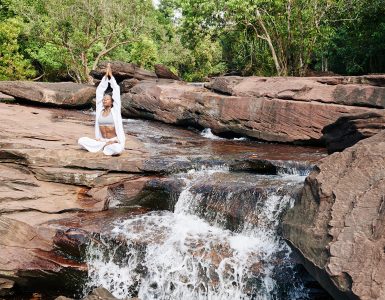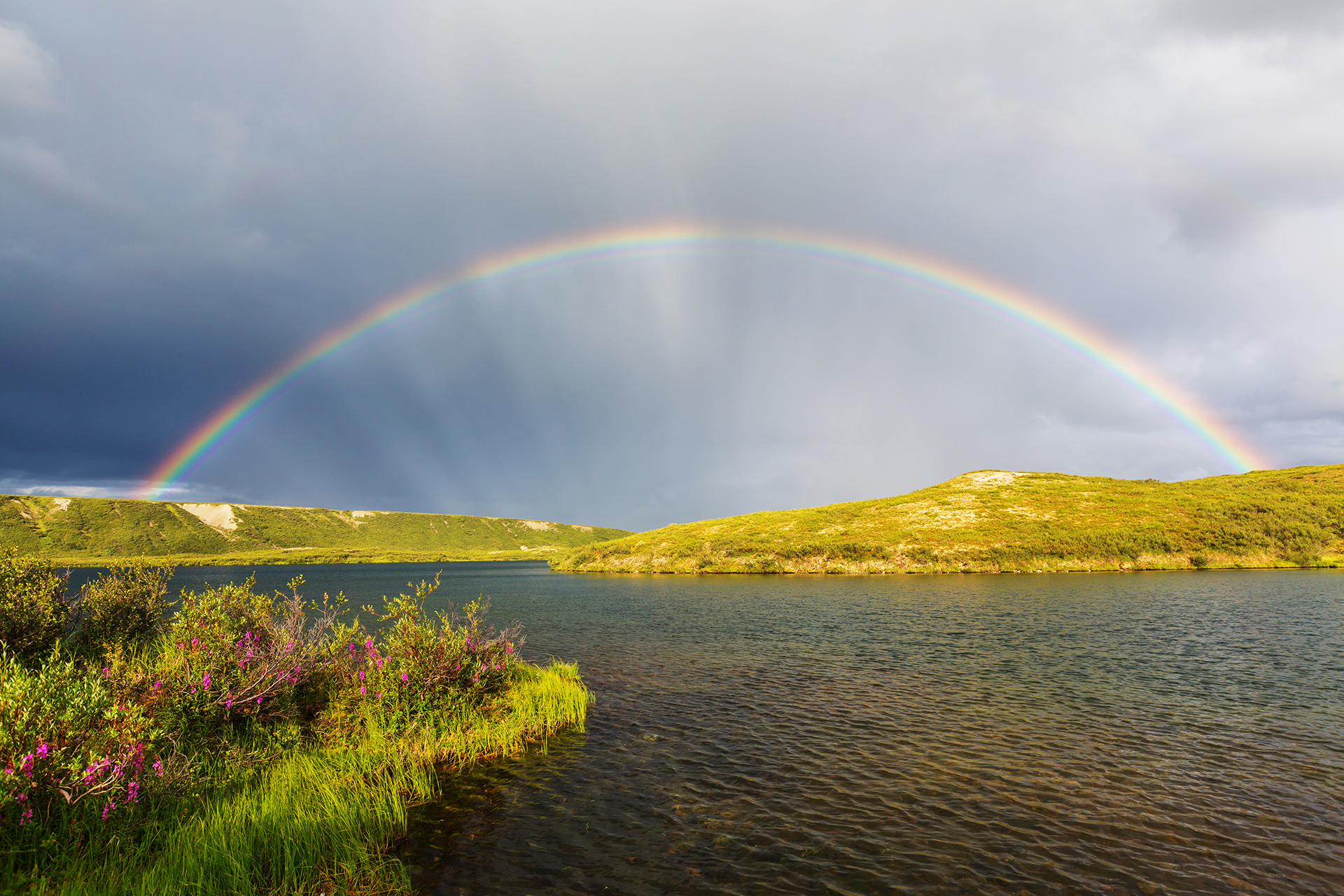We live in the noisiest period in human history. From the mechanical hum of refrigerators to the endless notifications on our phones, the constant background cacophony has become so normalized we barely notice it—until it’s gone.
“Silence is essential. We need silence, just as much as we need air, just as much as plants need light. If our minds are crowded with words and thoughts, there is no space for us.” — Thich Nhat Hanh
The Loudest Revolution You’ve Never Heard
In his transformative book “Silence: The Power of Quiet in a World Full of Noise,” Thich Nhat Hanh explores how this auditory overload affects our mental health. Meanwhile, science confirms what the Buddhist monk observed: excessive noise triggers stress responses, elevates blood pressure, and disrupts cognitive function. It’s like living with a toddler perpetually banging pots and pans in your kitchen, except the toddler is modern society, and the kitchen is your entire life. The World Health Organization now classifies noise pollution as a serious health concern, making silence not just a luxury but a necessity—like kale, but far less disappointing to eat.
The Awkward Relationship Status: It’s Complicated
Our relationship with silence is peculiar at best. We claim to crave it, yet frantically fill quiet moments with podcasts, music, or the sound of our own voices asking smart speakers about celebrity birthdays. When natural silence does occur—like that excruciating moment when the Zoom call goes quiet—we panic as though we’ve forgotten how to human. Studies show most people prefer administering mild electric shocks to themselves rather than sitting alone with their thoughts for 15 minutes. This isn’t entirely our fault; we’ve been conditioned to associate productivity with noise and silence with emptiness. As Thich Nhat Hanh points out in his book, we’ve mistaken inner quiet for absence rather than presence. It’s like assuming an empty fridge means you’re on a diet rather than just desperately needing groceries. The irony is that the more we avoid silence, the more our brains crave it—leading to that universal phenomenon of hiding in the bathroom for five extra minutes just to escape conversation.
The Silent Rebellion: Your Brain on Quiet
When you do embrace silence, something miraculous happens: your brain throws a party. Scientists call this the “default mode network”—the mental state that activates when external stimuli decrease. Unlike the common fear that silence leads to rumination on embarrassing moments from 2007, quality silence actually enhances creativity, improves memory, and regenerates brain cells. Neurological research shows that two hours of silence daily stimulates hippocampal growth—the brain region associated with memory formation. This explains why your best ideas come in the shower, not while scrolling through social media commentary on celebrity breakups. Thich Nhat Hanh describes silence as “the foundation of all achievements,” suggesting that before we can do anything meaningful, we need to cultivate inner quiet. It’s like pressing the reset button on your mental computer, except you don’t lose all your unsaved work—you actually find it.
The Silent Majority (Of Your Health Problems)
The health benefits of silence extend well beyond mental clarity. Regular periods of quiet significantly reduce cortisol levels—the stress hormone responsible for everything from weight gain to premature aging. Blood pressure drops, immune function improves, and sleep quality increases. One particularly vindicating study for introverts everywhere found that two minutes of silence proved more relaxing than listening to “relaxing music.” This might explain why your neighbor’s idea of soothing rainforest sounds at maximum volume isn’t actually helping anyone. Thich Nhat Hanh connects this physiological reality to spiritual practice, noting in his book that “silence is a source of great strength.” It’s like discovering the miracle supplement that doctors don’t want you to know about—except doctors actually do want you to know about this one, and it’s completely free, unless you count the cost of noise-canceling headphones.
The Silent Treatment (That Actually Works)
Incorporating silence into daily life doesn’t require moving to a remote mountain cabin—though after certain family gatherings, that option becomes increasingly tempting. Start with micro-doses: five minutes of morning quiet before checking your phone, short walks without audio companions, or dedicated “silent hours” at home. Mindful eating without screens provides another opportunity; you might actually taste your food and notice when you’re full instead of inhaling lunch while watching cooking shows. As Thich Nhat Hanh suggests in his teachings, even washing dishes can become a profound silent practice (though this philosophy has yet to convince any teenagers). The key is intentionality—choosing silence rather than having it forced upon you during power outages or awkward elevator rides. Consider it strength training for your mind; uncomfortable at first, but eventually leading to remarkable resilience and the ability to sit through an entire dinner without once mentioning politics.
10 Remarkable Silent Retreats in Nature Worth Traveling For
- Vipassana Centers Worldwide (Various Locations) – These centers offer 10-day silent meditation retreats where participants take a vow of silence and engage in meditation for 10+ hours daily. Just imagine not having to make small talk with strangers for ten whole days!
- Spirit Rock Meditation Center (California, USA) – Nestled in the rolling hills of Marin County, their silent retreats combine meditation with stunning natural surroundings, proving you can indeed find silence even in California.
- Plum Village (Dordogne, France) – Founded by Thich Nhat Hanh himself, this monastery offers mindfulness retreats where noble silence is practiced during specific periods. The French countryside location adds that special je ne sais quoi to your quest for quiet.
- Hridaya Yoga (Mazunte, Mexico) – Offering silent meditation retreats overlooking the Pacific Ocean, where the only thing louder than your thoughts might be the occasional whale spout.
- Tassajara Zen Mountain Center (California, USA) – The oldest Zen Buddhist monastery in the US offers summer guest seasons in a remote wilderness setting accessible only by 4-wheel drive vehicles. If your car can’t make it, consider it the universe telling you to start your silence earlier.
- Kopan Monastery (Kathmandu, Nepal) – Their famous November course includes silent periods while overlooking the Kathmandu Valley. The altitude gives you a legitimate excuse for being breathless, rather than admitting it’s from climbing all those stairs.
- Holy Isle Centre for World Peace and Health (Scotland, UK) – An island retreat off the coast of Arran where silence is practiced alongside sustainable living. Come for the quiet, stay for the occasional seal sightings that will make you break your vow with an excited squeal.
- Wat Suan Mokkh International Dharma Hermitage (Thailand) – Monthly 10-day silent retreats include a 4:30 AM wake-up bell and sleeping on concrete beds with wooden pillows—making silence possibly the most comfortable part of the experience.
- Esalen Institute (Big Sur, California) – While not exclusively silent, they offer specific silent meditation programs overlooking the dramatic Pacific coastline, where the crashing waves provide nature’s white noise machine.
- Gaia House (Devon, England) – A former convent transformed into a meditation center offering silent retreats in the English countryside. The historical irony of nuns being replaced by people taking vows of silence is not lost on the locals.




































